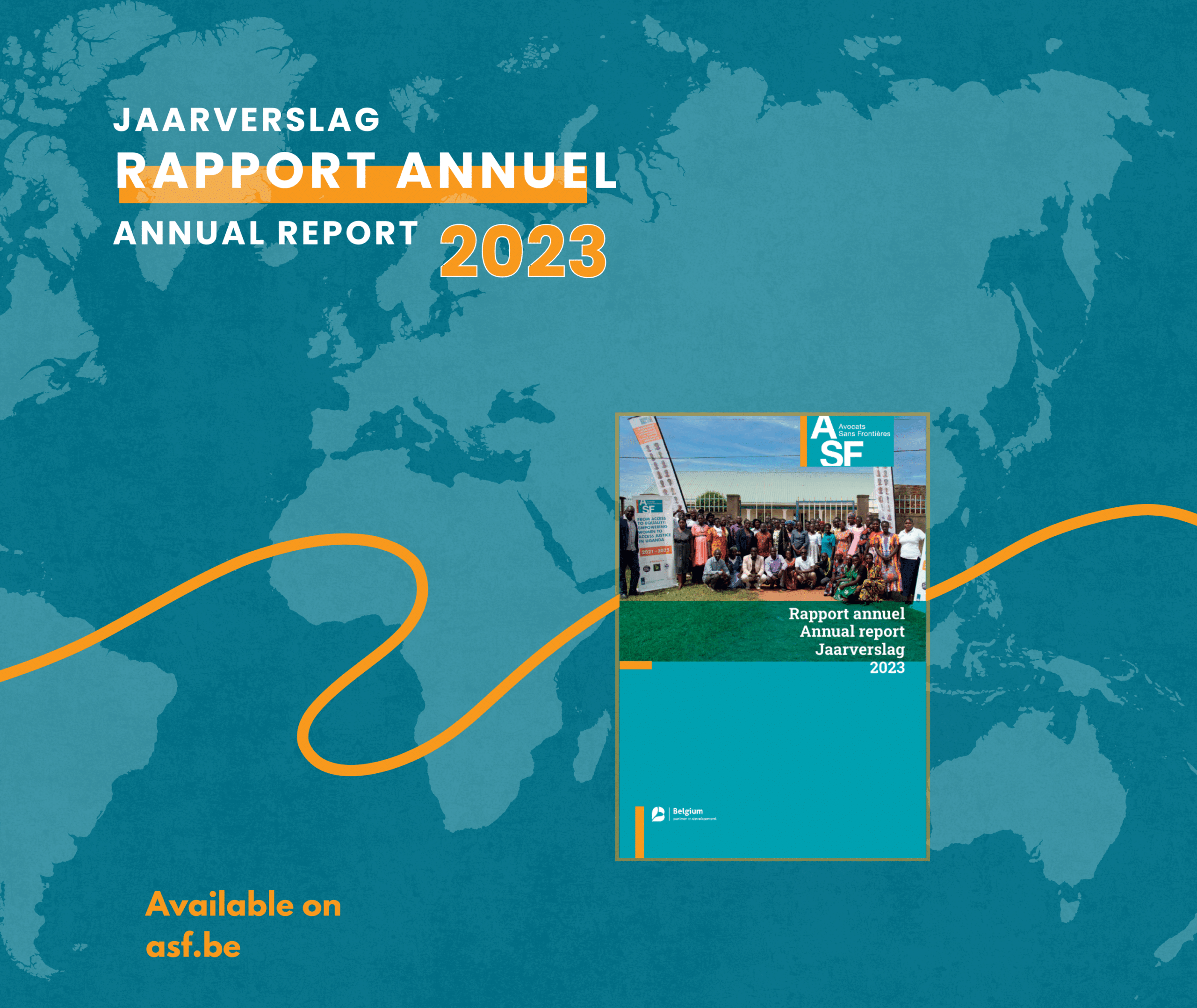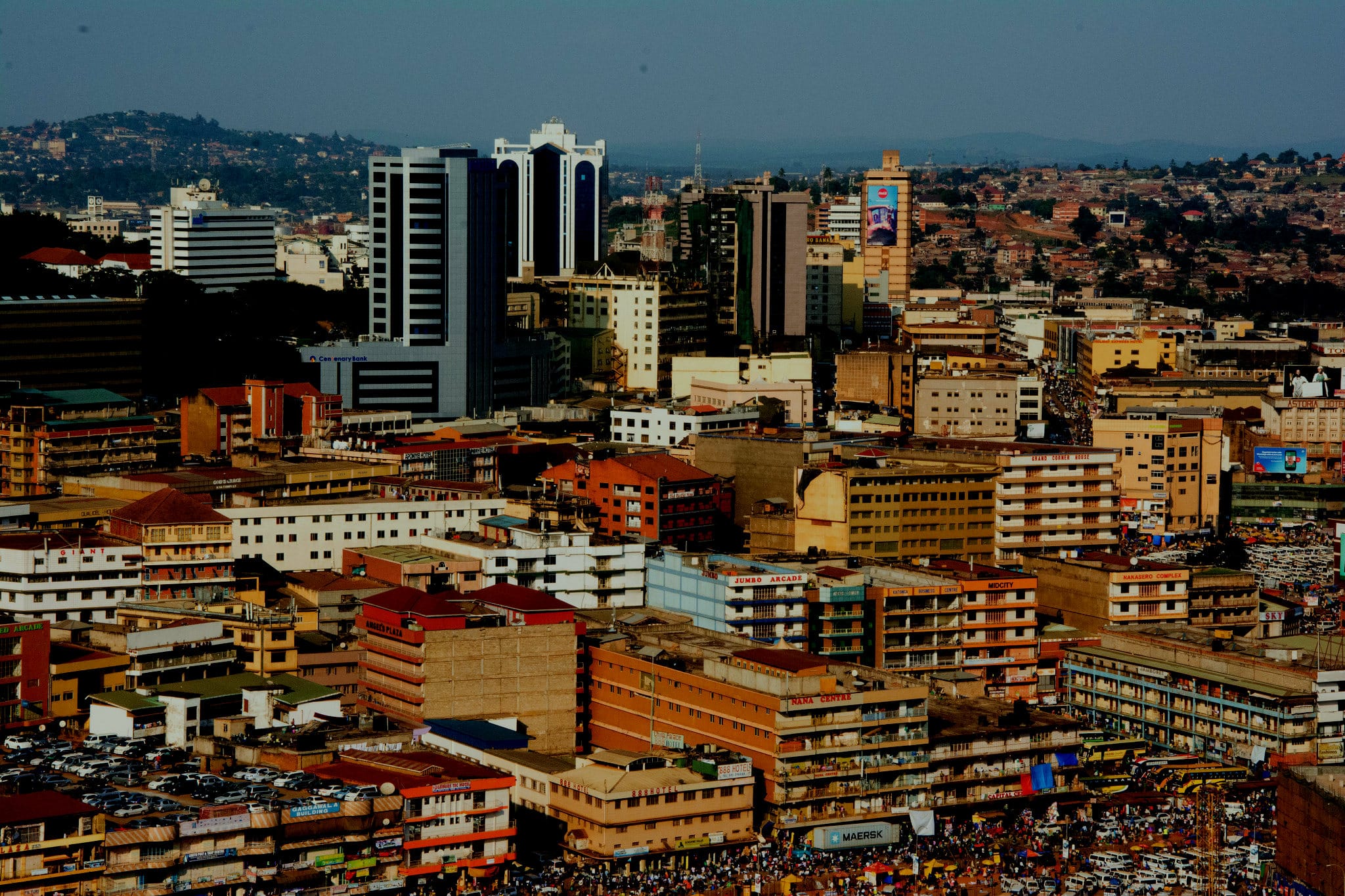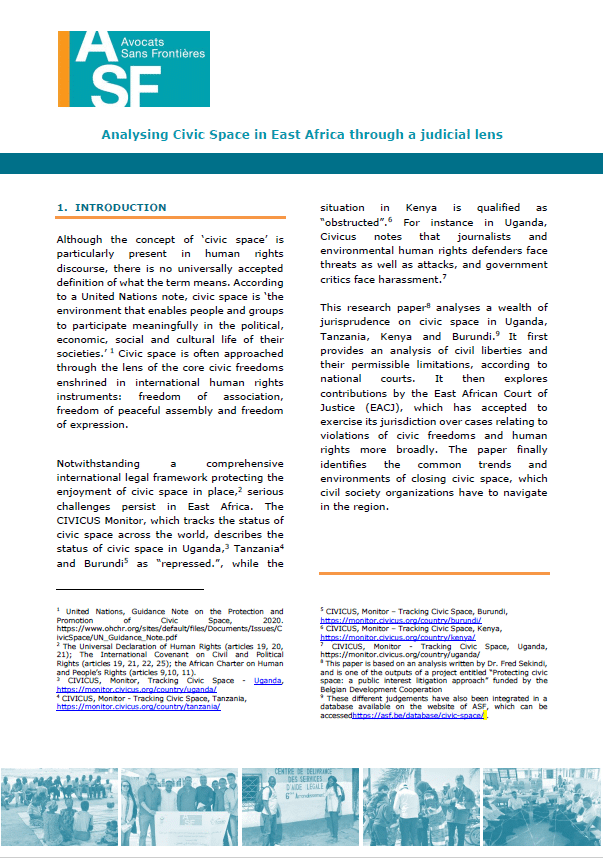Country: Burundi
-

ASF’s annual report is available!
ASF has just published its 2023 annual report. In it, the organisation discusses the many challenges it faces at a time when authoritarianism is on the rise and the principles of human rights and the rule of law are being attacked throughout the world. In the face of these challenges, ASF is adapting and adapting…
-

Policy Brief – Analysing Civic Space in East Africa through a judicial lens
For the past years, civic space has been described as “shrinking” in many countries around the world. The adoption of restrictive laws, the harassment of journalists, the arrest and detention of human rights defenders, the suspension of activities or freezing of accounts of civil society organisations, are common tactics used by states to restrict civic…
-
Forum pour le Renforcement de la Société Civile (FORSC), Action des Chrétiens pour l’Abolition de la Torture (ACAT), Association Burundaise pour la Protection des droits humains et des personnes détenues (APRODH), Forum pour la Conscience et le Développement (FOCODE) & Réseau des Citoyens probes (RCP) c. Etat du Burundi
Pièce jointe : Forum pour le Renforcement de la Société Civile (FORSC), Action des Chrétiens pour l’Abolition de la Torture (ACAT), Association Burundaise pour la Protection des droits humains et des personnes détenues (APRODH), Forum pour la Conscience et le Développement (FOCODE) & Réseau des Citoyens probes (RCP) c. Etat du Burundi
-
François Nyamoya c. Etat du Burundi
Pièce jointe : François Nyamoya c. Etat du Burundi
-
East Africa Law Society c. Etat du Burundi
Pièce jointe : East Africa Law Society c. Etat du Burundi
-
Bonaventure Gasutwa, Tatien Sibomana et Jean Baptiste Manwangari c. Etat du Burundi
Pièce jointe : Bonaventure Gasutwa, Tatien Sibomana et Jean Baptiste Manwangari c. Etat du Burundi
-
Union Burundaise des Journalistes (UBJ) c. Etat du Burundi
Pièce jointe Union Burundaise des Journalistes (UBJ) v. Etat du Burundi
-

-
Examen de constitutionnalité du Décret-loi du 26 novembre 1992 portant réglementation de la presse au Burundi
Décision Examen de constitutionnalité du Décret-loi du 26 novembre 1992 portant réglementation de la presse au Burundi
-
Examen de constitutionnalité de l’ordonnance du Ministre de l’intérieur N°205.01.331 du 23 juillet 1992 agréant comme parti politique la formation dénommée ‘Front pour la démocratie au Burundi”
Décision Examen de constitutionnalité de l’ordonnance du Ministre de l’intérieur N°205.01.331 du 23 juillet 1992 agréant comme parti politique la formation dénommée ‘Front pour la démocratie au Burundi”
